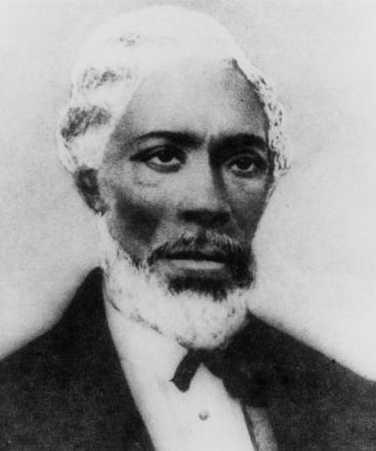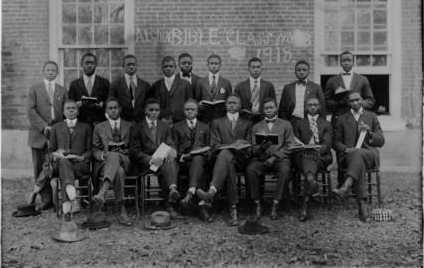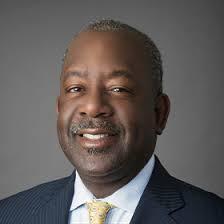From Segregation to Inclusion: The Evolution of Black Ys in America
In 1853, Anthony Bowen, a formerly enslaved man, along with a group of friends, established the "YMCA for Colored Men and Boys" in Washington, D.C., making it the first YMCA to serve African Americans in the United States. Bowen, who purchased his freedom, was inspired by the need for a place where Black men could access the benefits of the YMCA, which had been established just nine years earlier in London. Despite facing racial discrimination and financial challenges, Bowen's initiative paved the way for the growth of YMCA associations within Black communities nationwide.
By the late 1860s, YMCA associations were firmly rooted in Black communities, with branches established in several U.S. cities. William A. Hunton, the son of a formerly enslaved man, became the first full-time, paid director of a Black YMCA in Norfolk. Hunton's leadership, along with that of his successor Jesse Moorland, contributed significantly to the growth of the YMCA movement among Black communities, providing essential programs and services despite the challenges of segregation.
The early 20th century saw increased support for the establishment of these YMCAs, with philanthropist Julius Rosenwald's pledge in 1910 catalyzing the construction of numerous facilities across many communities. These "Rosenwald Ys" provided essential services and accommodations, particularly during times of segregation and war. Black YMCAs served as vital educational and spiritual centers, fostering community discussion and development.
In the 21st century, efforts to promote equity and inclusion for Black staff within the YMCA have continued. Programs like the Multicultural Executive Development Institute (MEDI) and the Emerging Multicultural Leadership Experience (EMLE) aim to cultivate leadership among staff of color, welcoming those who come from diverse backgrounds and cultures as well as ensuring allyship. The appointment of Kevin Washington as the first Black CEO in 2015 marked a significant milestone, reflecting the organization's commitment to diversity in leadership. The YMCA of South Hampton Roads continues its commitment to equity by recognizing the importance of inclusivity and representation. The organization has and will continue to make substantial investments in staff dedicated to upholding this commitment.
To read more about the YMCA’s rich history, visit here.


